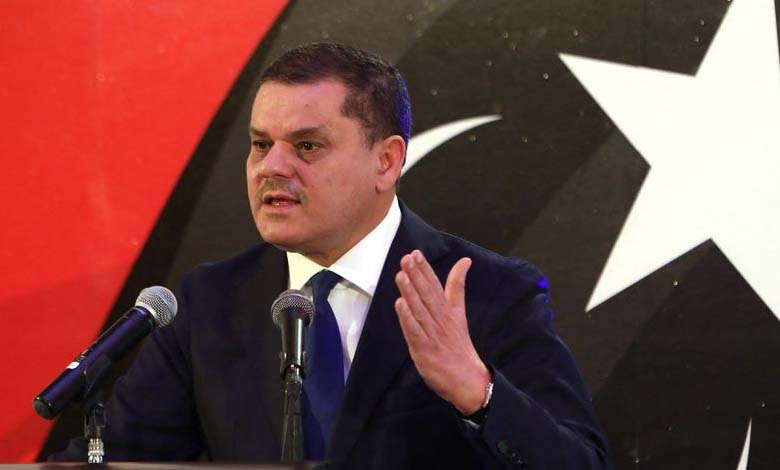Defections hit Dbeibeh government… and a message from the Ministry of Interior of Bashagha to the security services

Two ministers of Libya’s national unity government headed by Abdul Hamid Dbeibeh have announced their resignation and are ready to hand over power to the Fathi Bashagha government.
In separate statements, Civil Service Minister Abdel Fattah al-Khodja and Minister of State for Migration Affairs Jadid Maatouq stressed their respect for the parliamentary choice of the new government headed by Bashagha and the granting of confidence to the government. The two ministers declared their readiness to hand over power in relation to their ministries, and pledged that they would not be involved in the return of the political divide, Sputnik news agency reported.
The two ministers stressed their commitment and their oath to the House of Representatives to abide by the Constitutional Declaration and the integrity and territorial integrity of Libya, stressing the readiness to hand over power in relation to the Ministry of Civil Service and the functions of the Minister of State for Migration.
“Before the Libyan people, we will not be involved in restoring the political divide in our beloved country”, the two ministers pledged in the statement.
Separately, Interior Minister Issam Abu Zariba of Libya’s new government said: The Bashagha government is proceeding with its tasks without any hesitation and is completing security arrangements to operate from the capital Tripoli with the force of law, Africa Portal reported.
Abu Zariba said in a speech the day before yesterday: The security services and security directorates should not execute any orders issued by other parties, he said, announcing the end of the functions of the Minister of the Interior in the national unity government. He called on security directorates and all security departments and agencies not to deal with the government of Dbeibeh, which has expired its mandate.
The minister called on all parties in Tripoli to prevent those he described as power-geeks from using innocent people and involving them in bloody and unspeakable fighting, stressing the need for security stability in the capital.
Last Thursday, Fathi Bashagha, the new Libyan government, was sworn in before parliament in Tobruk.
Addressing parliament, Bashagha said: “We will work with all our might to support the electoral process in accordance with the constitutional mechanisms approved by the House of Representatives and the State Council”.
Abdul Hamid Dbeibeh, head of the national unity government, whose mandate is supposed to expire following the latest developments, refuses to recognize this, insisting that only an elected government be handed over after the presidential and parliamentary elections.












